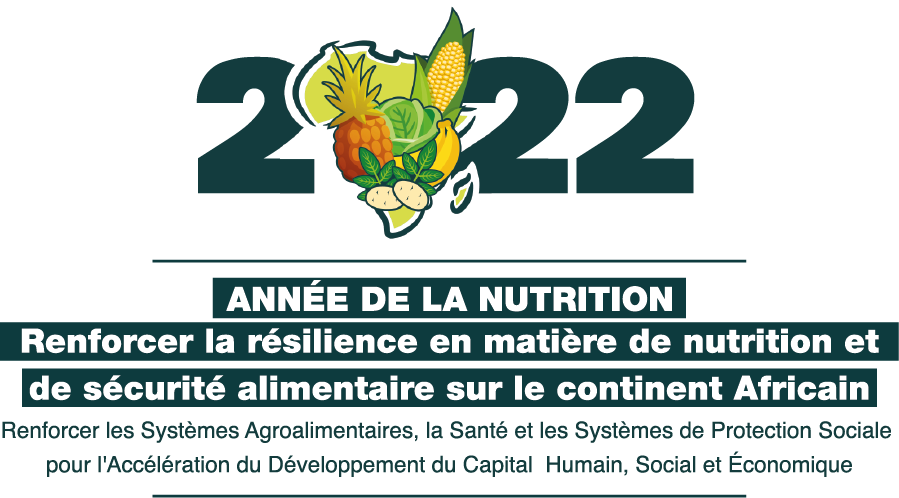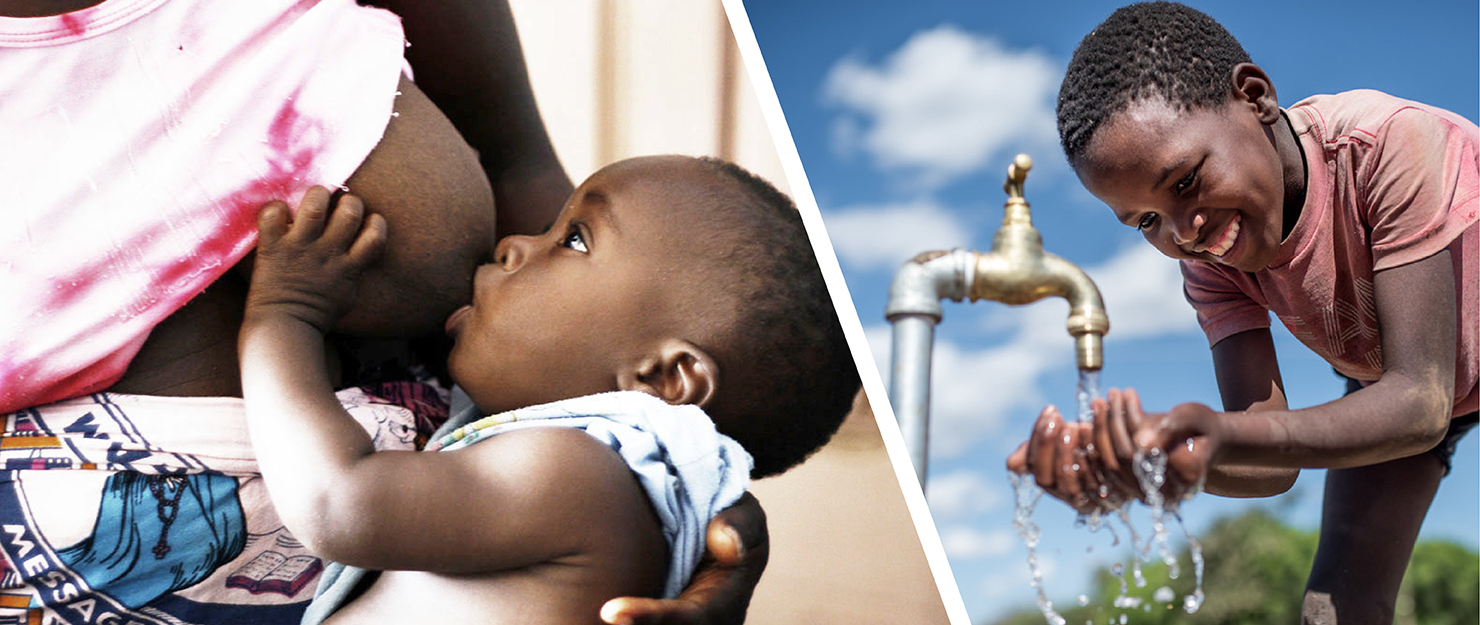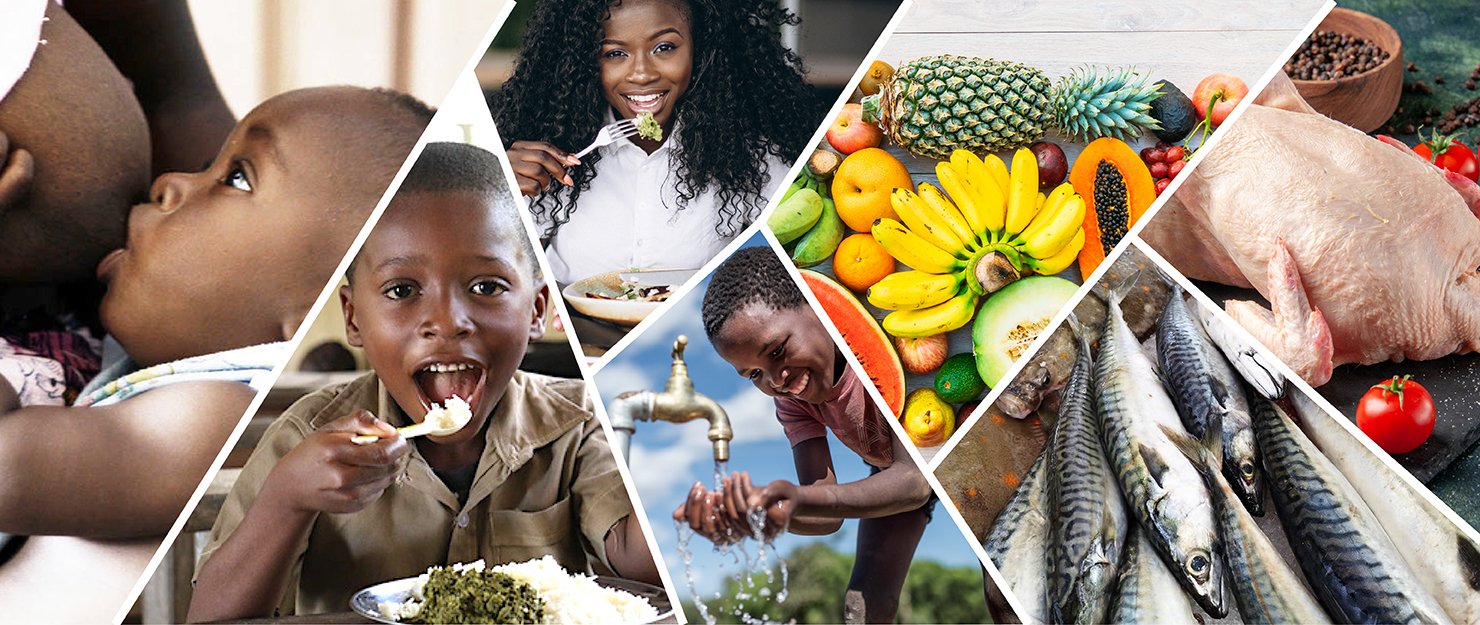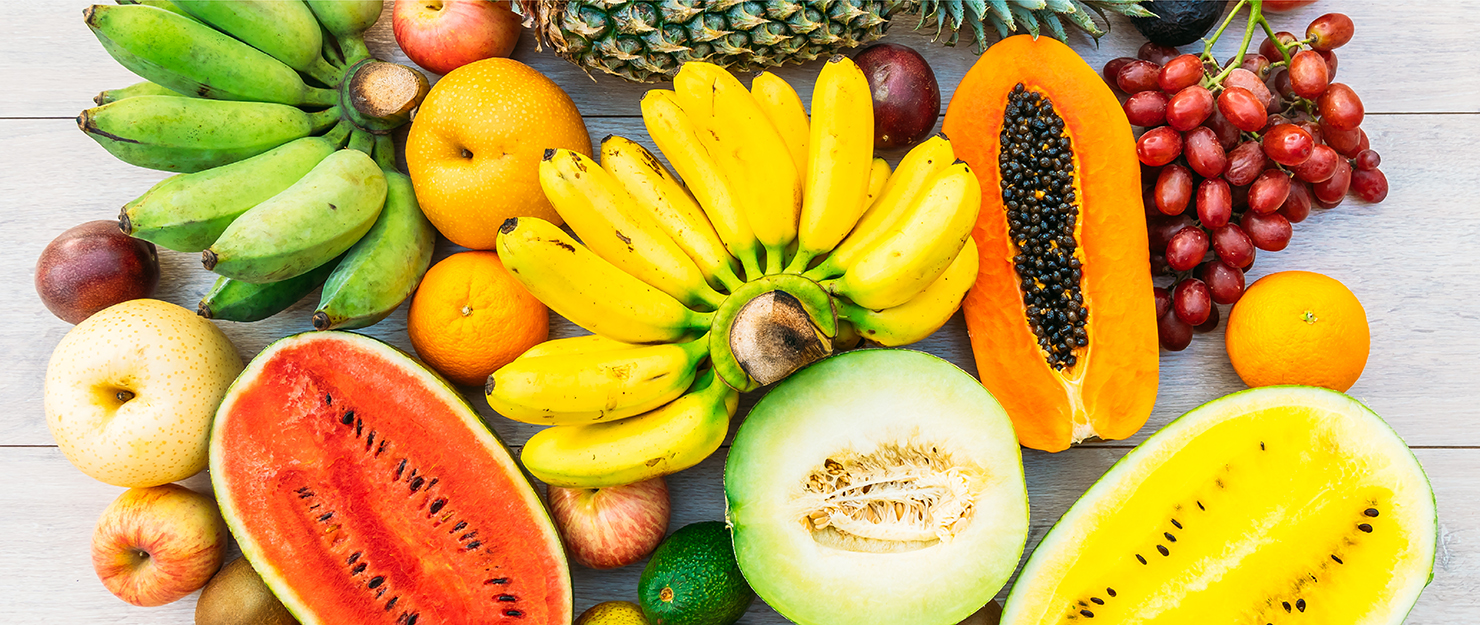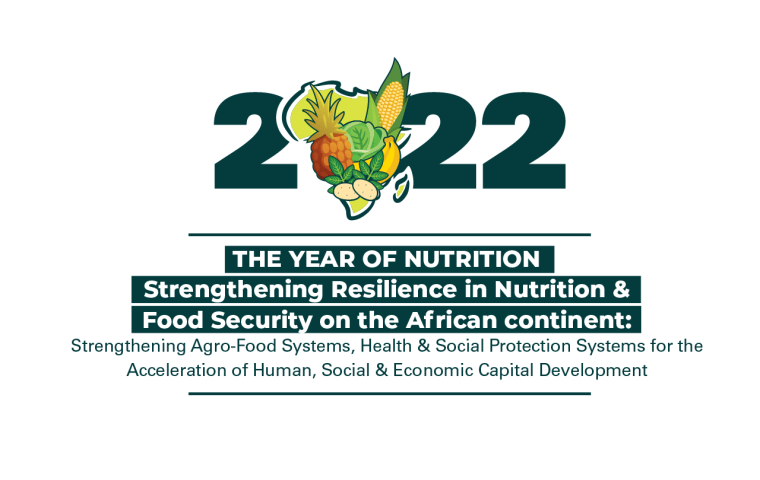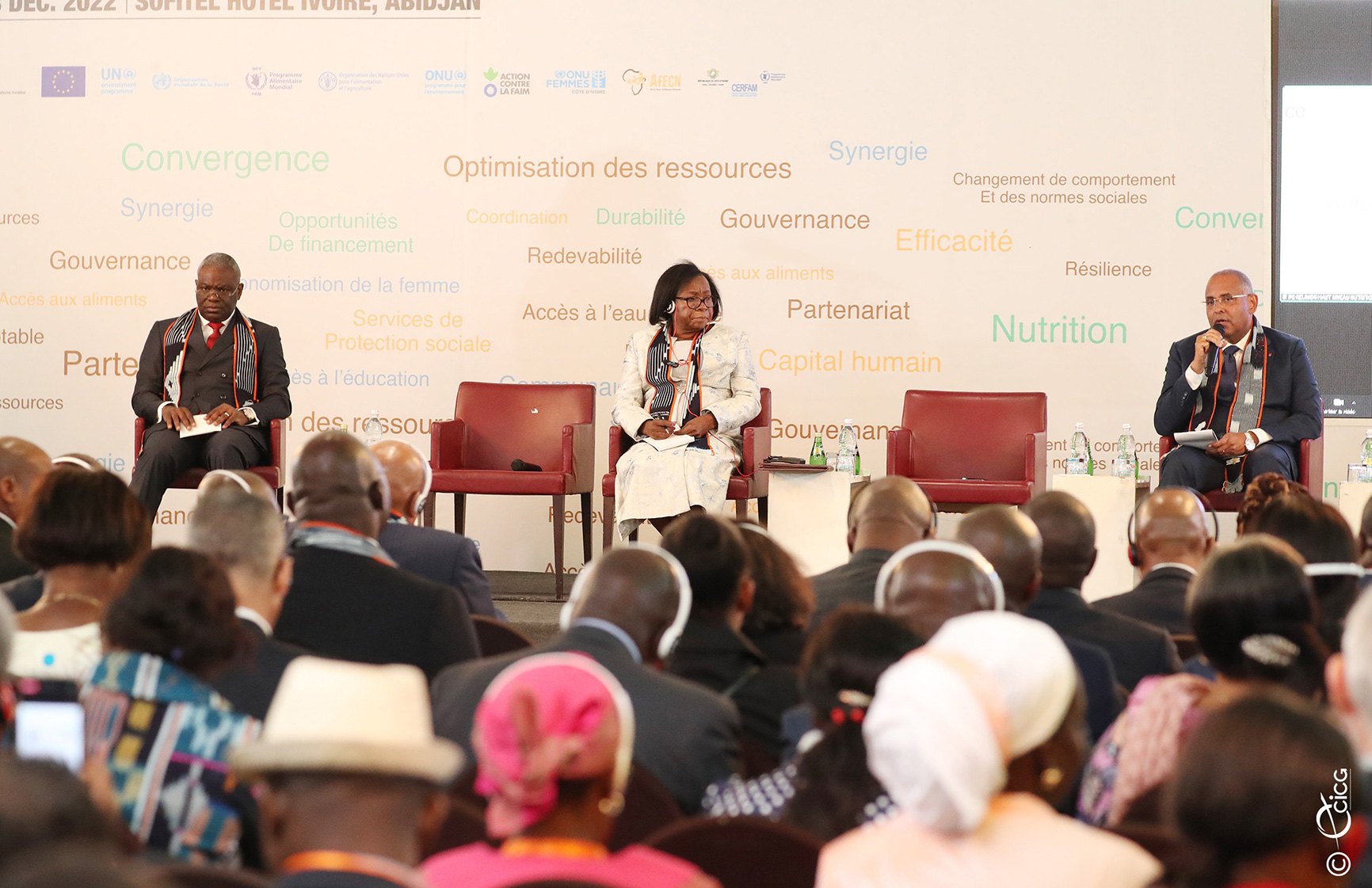
MALNUTRITION AND IMPACT ON HUMAN CAPITAL: PRIME MINISTER PATRICK ACHI ATTENDS A HIGH-LEVEL PANEL
Abidjan, December 09, 2022- During a high-level panel on the theme ''Malnutrition and impact on human capital'', the Ivorian Prime Minister, Patrick Achi, the Vice-President of the Republic of Zambia, Mutale Nalumango, the Prime Minister of the Republic of Congo, Anatole Collinet Makosso and the Rwandan Minister of Agriculture and Animal Resources, Gerardine Mukeshimana, explained that malnutrition negatively impacts a country's human capital and development. They also presented the actions taken by their respective countries to win the nutrition battle. It was Thursday, December 08, 2022 at Sofitel Abidjan Hôtel Ivoire, following the opening of the high-level meeting on the theme of the African Year of Nutrition, chaired by the Vice-President of the Republic of Ivory Coast, Tiémoko Meyliet Koné. The Ivorian Prime Minister indicated that the issue of nutrition is a national priority materialized by the creation of a specialized Nutrition Council, the Regional Center of Excellence against Hunger and Malnutrition (CERFAM) and by the establishment of a national nutrition policy. This is why, he noted, Côte d'Ivoire has mobilized 75 billion FCFA to carry out specific actions on nutrient determinants. A project to enrich rice with highly nutritious iron for pregnant women, the improvement of local production to have food in quantity and quality, the modernization of agriculture, etc. are all ongoing initiatives. Given that good health and intellectual development stem from good nutrition, which begins in the child from its mother's womb, the Head of Government reviewed the efforts of Côte d'Ivoire in ten years in the health and education sectors. This involves more than CFAF 1,000 billion in investments in the construction and rehabilitation of health infrastructure and the strengthening of the technical platform, the targeted free program for which the State deploys CFAF 34 billion annually, which allows nearly 300,000 pregnant women to benefit from free delivery kits. 250,000 households benefiting from the social safety net program are granted FCFA 36,000 per quarter and social protection thanks to Universal Health Coverage (CMU).
In the school environment, the construction of more than 300,000 classrooms, school canteen programs throughout the territory allow each student to benefit from a balanced meal per day. All these actions, according to Patrick Achi, have made it possible in ten years to increase life expectancy from 50 to 58 years. As for the mortality rate of children at birth, it fell from 810 out of 100,000 births to 74. The poverty rate, once at 59%, is now reduced by 16 points. According to Patrick Achi, to win the nutrition battle, African countries will have to change their agricultural production methods (mechanization, fertilization, quality seeds, etc.), develop a vast training program for young people in technical education and vocational training. This will make it possible, he assured, to have food in quantity and quality, especially at an affordable cost because “nutrient intakes are necessary for our development”. A strong and firm political will, investment in the transport and distribution of agricultural products, the involvement of development partners and the private sector in agricultural investment in order to help African States in their food and nutritional programs are also necessary to get there. Convinced that nutrition contributes to the development of human capital, all the eminent panelists agreed on the need for a common commitment by African countries to take multisectoral action in the agricultural sector to reduce malnutrition, failing which, eliminate.


